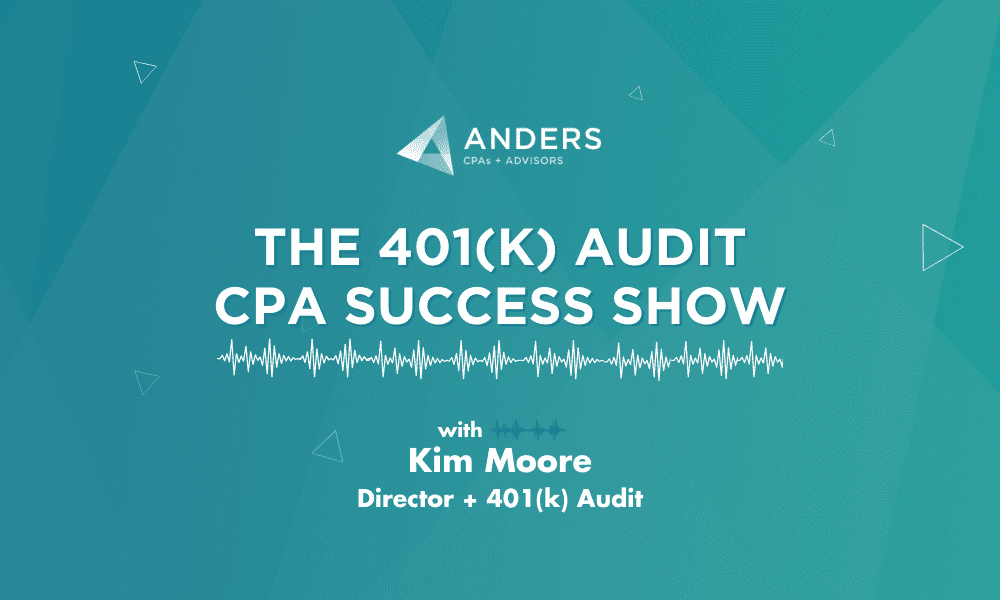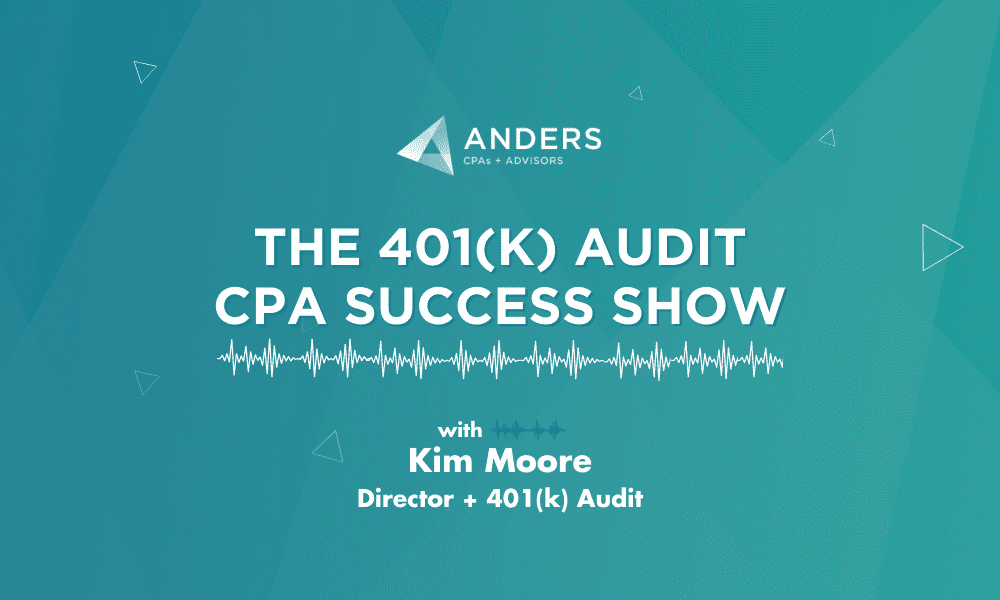You may have heard of something called the 80 – 120 Rule but were not sure how it applied to your 401(k) plan. Generally, once a plan has more than 100 eligible participants (including those participating and those eligible but not participating), they are deemed a “Large Plan”.
These entities must file the extended Form 5500 and have a plan audit by a certified public accountant conducted. Note: One exception to this general rule though is the 80 – 120 Rule.
If your Plan has more than 100 eligible participants but less than 120 and you filed as a “Small Plan” filer in the previous year, you can remain as a “Small Plan” and file the Short Form 5500 in the current year. This rule continues to apply until you have more than 120 eligible participants.
If you are filing the Short Form 5500, you also are not required to have a plan audit conducted.
Conversely, if you have filed as a “Large Plan” filer in the previous year and your participant count drops below 100 participants, you will still be required to file as a “Large Plan” and have an audit conducted until your eligible participant count drops below 80.
Plan record keepers often are confused about this rule, so it is worthwhile to check out your participant count before you begin the process of engaging an auditor for your first 401(k) Plan audit.
As the plan sponsor, when it’s time to audit your 401(k) plan, it’s vital that you hire an experienced auditor to ensure your plan is in compliance. At Anders we specialize in retirement plan audits. We have the ability to offer assistance entirely off-site with little or no distraction to your daily office routine. We also offer flat-fee pricing so there are no surprises on your bill when the job is complete.
To get started, request a free 401(k) audit consultation below or contact the team at (314)-886-7913 to schedule an appointment.


